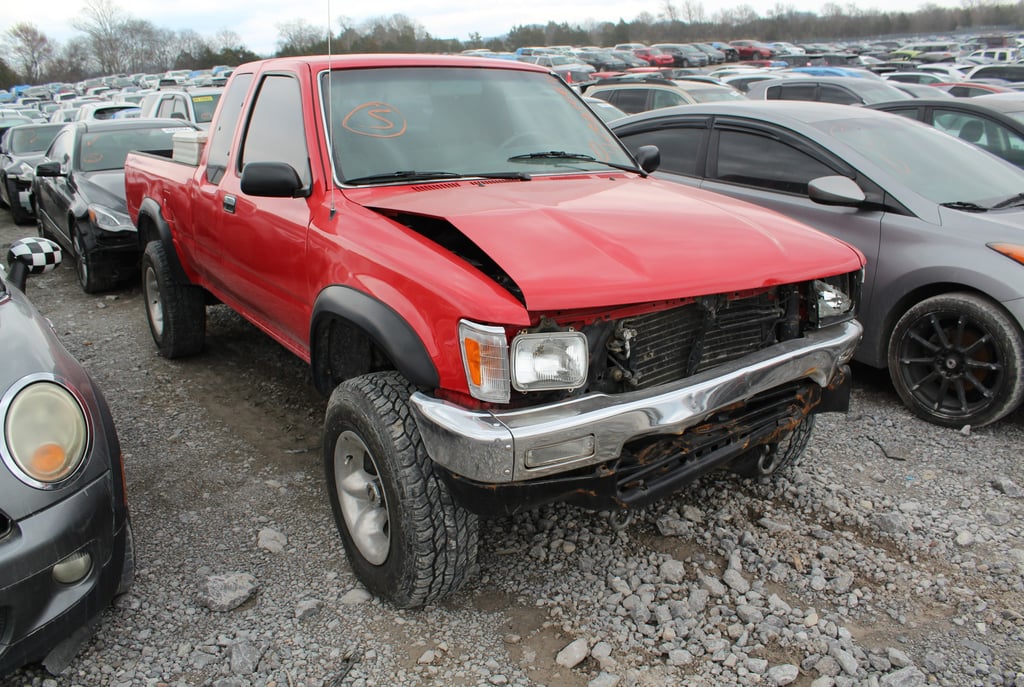Why Do I Need A Car Appraisal?
What are car appraisals and how do they help me? Two very important questions that when answered well can help you prove your vehicles worth and even leverage that vehicle value as a proven asset.
Daniel Curtis
9/22/20242 min read


Car value, as most would reason, is the main focus of vehicle appraising and is one of the most contested issues in the realm of insurance. I mean, who hasn't heard of an insurance payout gone wrong because a vehicle was massively undervalued by the insurance company? Value is the primary term and concept in appraising anything. Unsurprisingly value is also the most fought for portion of any appraisal or valuation performed. For cars specifically there are a couple of big name companies whose massive swaths of data determine the course of many actual cash value (ACV) appraisals. Some of those big players include the National Automobile Dealers Association (NADA) and Kelly Blue Book, whose mere mention alone conjures up for most folks ideas of valuing vehicles before buying, selling or trading. These big companies monitor and record the sales figures and accompanying information of vehicles and from that data determine market averages for particular makes and models.
Appraisers are very hands on when valuing a vehicle, while not every appraisal requires a physical inspection every appraisal will have an assessment of information that determines vehicle value. This assessed information includes year, make, model, mileage, VIN (vehicle identification number), accident history, title status and condition of the vehicle in question. While most of the gathered info is stated fact there is one determining factor of value that often gets glazed over (or poorly addressed to begin with) due to its subjective nature. That's right, I'm talking about condition. Condition is what sets the largest threshold between values for a specific vehicle when compared to its broader market. Conditions massive value adder is partly due to being a cascade into the other determining factors. If the condition is the best possible rating, number 1 (often called concours, excellent or showroom), then the mileage is often as low as possible and titles are clean with no accident history (or obsolete accident history, i.e. car underwent full restoration post accident). Condition will always produce the most accurate value of the car when accessed rigorously and honestly. No rose colored glasses (or conversely, tar covered glasses) can be used during the inspection process, otherwise the condition will be misrepresented. That's why every appraiser is an unbiased third party with no attachments to the vehicle, it's owner, or their respective insurance company.
Appraisals help everyday people by placing value on an asset that would otherwise have it's value determined by automated systems that require minimal input or oversight. This is the key problem with leaving your vehicle's value in the hands of your insurance company. Many insurance companies do their due diligence and act rightly, but at the end of the day they are still a for profit institution trying to optimize their bottom line, often at the expense of the consumer when utilizing automated estimation systems. To be clear to generate income is the goal of every business, no feathers ruffled, no harm, no foul. However, that goal should not be superseding the good of the insured or intended user.
I do believe automated valuation systems have their place in the world, especially when it comes to streamlining multi-faceted complex issues such as insurance claims. But I also have seen those systems are not up to the task yet, that is without significant human intervention and assessment of pulled relevant and comparable results. Until these systems are refined to function with the accuracy and scrutiny of an appraiser, the independent appraiser will be the most accurate tool a consumer can rely on.
